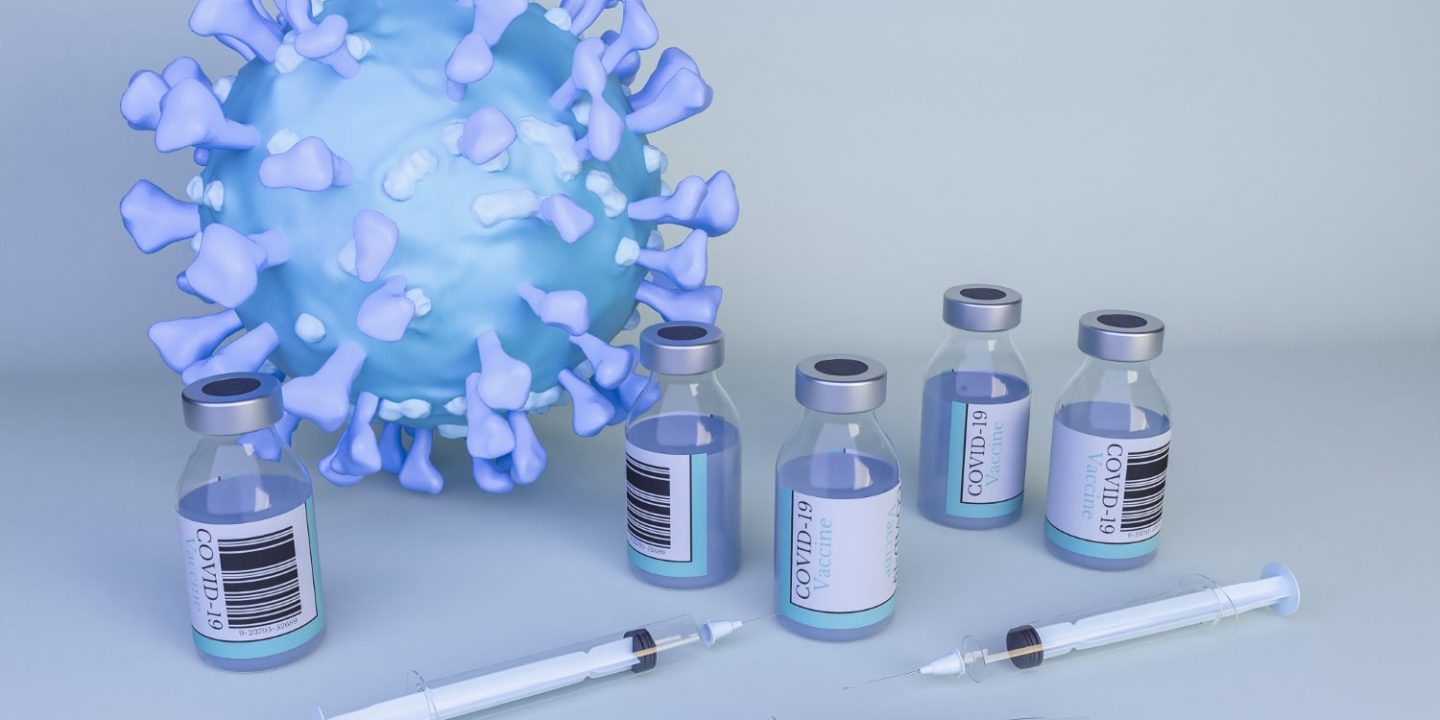
A little less than a year after filing a patent lawsuit against Moderna over its COVID-19 vaccine Spikevax, gsk has expanded its legal challenge to include Moderna’s recently approved next-generation shot, mNexspike.
In an amended complaint submitted in Delaware federal court, gsk’s legal team stated the company would now seek royalties on mNexspike. This addition follows initial patent infringement claims leveled last October against Moderna’s Spikevax and its mRNA-based respiratory syncytial virus (RSV) vaccine, mResvia.
As in its original filing, gsk contends that it holds U.S. patents on lipid mRNA vaccine formulation technology that was critical in the development of Moderna’s products. The British company asserts that research on the mRNA platform central to the case was conducted more than a decade before the onset of the COVID-19 pandemic. According to gsk, the company inherited these patents in 2015 through its acquisition of a substantial portion of Novartis’ vaccines business.
gsk’s lawyers argue that Moderna has consistently failed to acknowledge the use of this mRNA research. The lawsuit further alleges that Moderna incorporated “the full content” of gsk’s patents into its own intellectual property filings. In addition, Moderna is accused of acquiring technical know-how related to gsk’s mRNA platform by hiring former Novartis and gsk employees who had direct knowledge of the foundational research.
The inclusion of mNexspike in the lawsuit is based on gsk’s argument that the vaccine employs “the same composition of mRNA, composition of lipid particles, and methods of manufacture” at issue in the original case concerning Spikevax. gsk’s legal team stated that because Moderna has “reaped billions of dollars from infringing gsk’s patents-in-suit,” it is seeking “to recover a reasonable royalty for Moderna’s infringing sales.”
In response, Moderna has indicated it will contest the claims. A company spokesperson said Moderna “remains confident in its legal positions across these matters,” adding: “We look forward to presenting our case and prevailing at the appropriate stages of each proceeding.” gsk did not immediately provide a comment on the matter.
The dispute adds to a growing number of mRNA-related lawsuits among pharmaceutical companies. gsk has previously sued Pfizer and BioNTech on similar grounds, seeking royalties on sales of their COVID-19 vaccine Comirnaty. In a separate development last month, gsk secured $320 million upfront through a settlement of an mRNA lawsuit involving CureVac and Pfizer-BioNTech.
Moderna is also active in the courtroom, having launched its own patent infringement lawsuits against Pfizer and BioNTech. Other companies, including Alnylam, Acuitas Therapeutics, and Arbutus BioPharma, have also entered the broader mRNA legal disputes.
The legal challenge over mNexspike follows the vaccine’s FDA approval earlier this year. The shot was authorized for adults aged 65 and older, as well as for individuals aged 12 to 64 with underlying risk factors such as asthma or diabetes. Approval was based on non-inferiority data from a phase 3 study that compared mNexspike with Spikevax.
The newer vaccine showed a 9.3% higher relative efficacy in patients 12 and older and a 13.5% higher relative efficacy among participants aged 65 and above. Moderna has indicated it plans to make the shot available for the 2025-26 respiratory virus season in the United States.
There is risk that legal delays could interfere with vaccine rollouts, especially if litigations drag on through appeals. Public trust, too, may be affected if there are perceptions that patent battles slow down availability. gsk’s claims may force Moderna to prove its workflow and documentation rigorously to show how mNexspike differs, if at all, from Spikevax and other mRNA shots.
Both companies are likely to invest heavily in expert witness testimony, technical data, and precedents from previous mRNA patent cases.







